San Rafael City Schools vote to remove their school resource officers
The San Rafael Public Safety Center, a recently renovated building for fire and police, on fifth street in downtown San Rafael.
On Monday, Sept. 14, the Board of Trustees for San Rafael City Schools (SRCS) voted unanimously to break ties with their two San Rafael Police Department resource officers. Police Free Schools Marin, an organization working to amplify Black, Indigenous and People of Color (BIPOC) student voices, championed the movement in early July.
Local school districts initially placed school resource officers with the intention of creating a relationship between law enforcement and students. However, many students and advocates are adamant that the officers’ effect has strayed immensely far from this initial goal, to the point where their presence is traumatic for many students, especially students of color.
The call to remove school resource officers (SROs) from campuses is a national movement, sparked by increasing awareness that targeting BIPOC students has a direct influence on the school-to-prison pipeline.
Data released by the SRPD, on Aug. 24, shows a severe disparity in SRO engagement within the demographics of SRCS. It reveals that 94% of all arrests were directed to Latinx students, a disproportionate statistic considering the school is 60% Latinx.
Furthermore, 90% of citations issued went to black or Latinx students, who make up only 61% of the school population. The data concludes that BIPOC students are punished more harshly than their white counterparts for the same, or more minor, offenses.
“We’ve seen the data- and we know this instinctively, even if we had the data or not, because we live in a white supremacist society …we know that there is implicit bias, that folks of color get targeted more often, looked at as older and more threatening,” Brandon Johnson, an outspoken community member and candidate for the Tamalpais Union High School District, or TUHSD, school board, said.
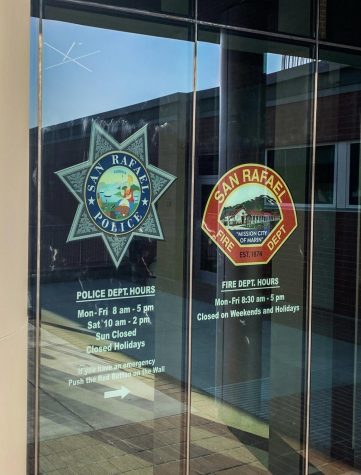
“When [students of color] get in trouble, they will get punished to a harsher degree- and once you’re pushed out of the system, you’re only more likely to get in more trouble. We think we’ve solved the situation by removing someone, but we know our prison system causes more crime down the road. It’s a question of disparities and fairness. Kids are there for us to teach them our highest values, and we simply cannot do that if we are making them criminals,” Johnson said.
This information, paired with the graphic stories of racial profiling and racism in the classroom on social media, has proven hard to grasp for other Marin residents, as it attacks the progressive identity Marin publicizes.
“…This is Marin. These things don’t happen here, they happen in cities like Boston or Chicago. Our board is very progressive,” Trustee Greg Knell said at Monday’s board meeting.
While Mr. Knell declined to comment further on his statements, several present at the meeting were quick to voice their upset.
In response, student trustee and vocal San Rafael High School senior, Alyssa Nevotti, said, “In Marin, people think we are much more ‘progressive’ than we actually are. People believe we’re in California, so we don’t have to worry about racism, discrimination, oppression- but it’s a very real problem here. I think a lot of the school board has been very willing, except for a few, to educate themselves, but yeah- it’s common here for especially older, straight, white men, to take their experiences as the reality.”
Johnson agrees with Nevotti, pointing out, “The problem with Marin is it’s been allowed to go along in it’s sheltered manner, a bubble of race and class privilege- you can see why it’s so difficult to have that empathy- there isn’t any need or proximity for most of white Marin. It’s hard to push for an inclusive environment when you’ve never seen the other side…it’s time now black and brown students’ safety is weighted equally with white counterparts.”
Local advocates working to remove resource officers countywide are hopeful this decision will push other districts to follow suit, though they are braced for opposition from community members and boards. They are adamant in the need for mental health professionals, and relationships founded on trust rather than intimidation, to not only provide an outlet for support but begin to heal the trauma caused by the institutional oppression of SROs.

Katie Hausammann joined journalism this year, as a senior. Katie loves hiking, reading, writing, art, politics, arguing, and her family. She spends her...



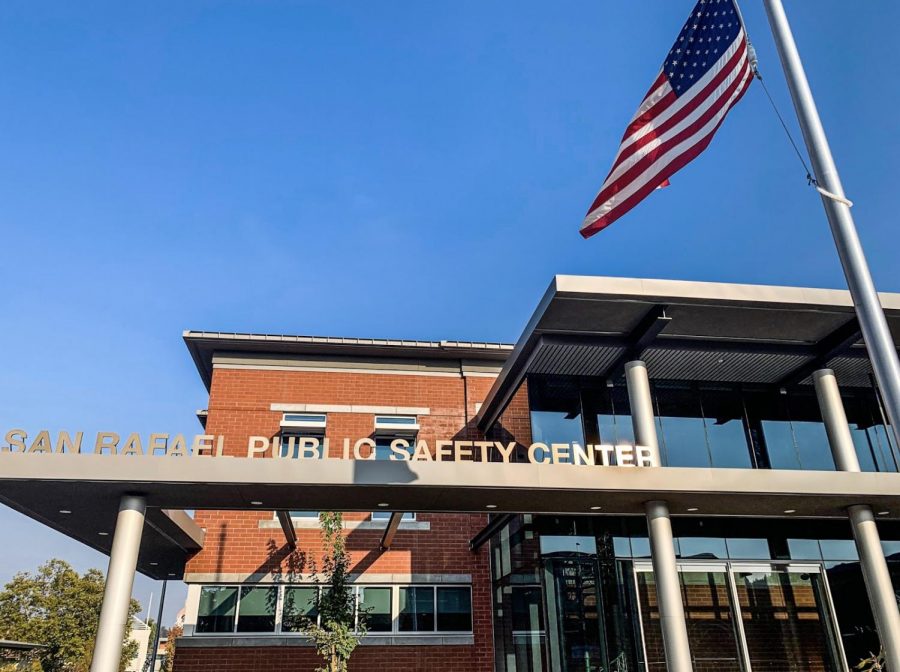

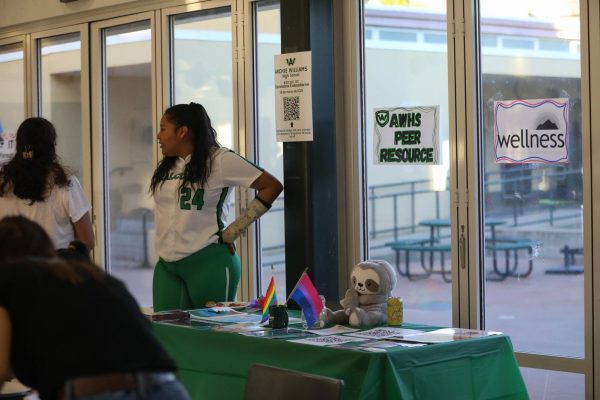
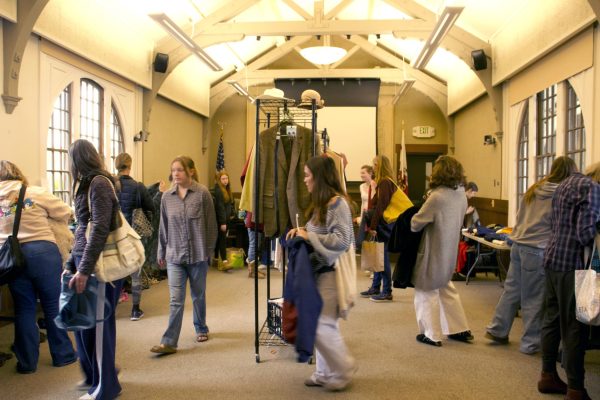

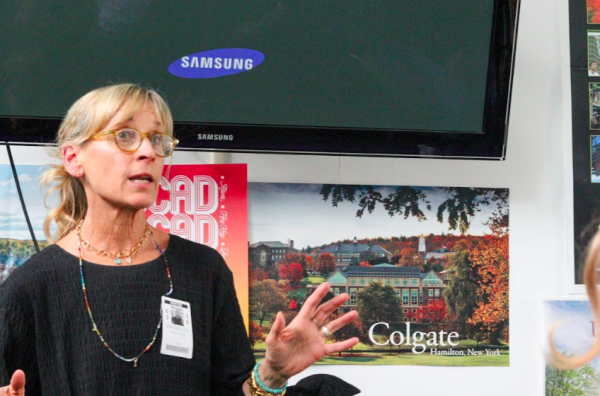
Alyssa Nevotti • Oct 12, 2020 at 8:48 PM
Great job, Katie! You did a great job of presenting the stats!